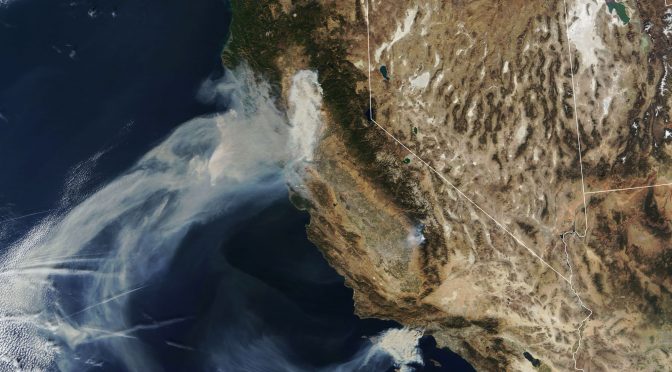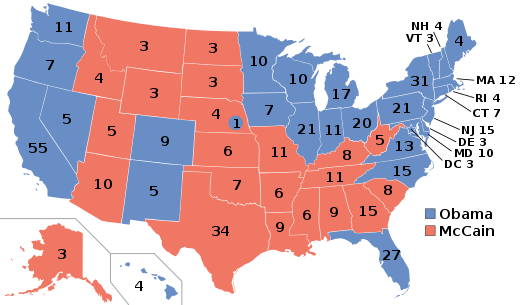Category: Science
-

Smoke Days
At first it was the smell of burning leaves, a very nostalgic smell for me, evocative of Indiana in October, back when I was a kid and you could still burn leaf piles. I had never experienced that smell in California before, in eighteen years of living here. I chalked it up to the weirdness…
-

Note To Coasts: Please Do Not Un-Friend The Midwest.
As a current coastal elite that was raised in Northwest Indiana I’m writing this note to both the Midwest and to the coasts — but mostly people the coasts — to try to get you guys on the same team. Specifically, the team of the Democratic Party. I think historically coastal Democrats have assumed the Midwest…
-
We Were In Denial That a Trump Presidency Could Happen. What Else Are We Denying?
“I’ve been criticized for advocating a politics of fear, which is correct. That’s not a criticism. That’s sanity.” Noam Chomsky, Oct. 11, 2016.((Noam Chomsky and The Bicycle Theory, NYT)) I’m writing this is because I am afraid. There’s a lot of reasons to be afraid of a Trump presidency, but here’s my top two: (1)…
-
Most amazing facts, via Quora.
Possibly the most amazing Quora answers ever. “12% of all the people ever born are walking the planet at this very moment” and “If you properly shuffle a deck of cards, in all likelihood, the resulting deck has never been seen before in the history of the world.” are my two favorites.